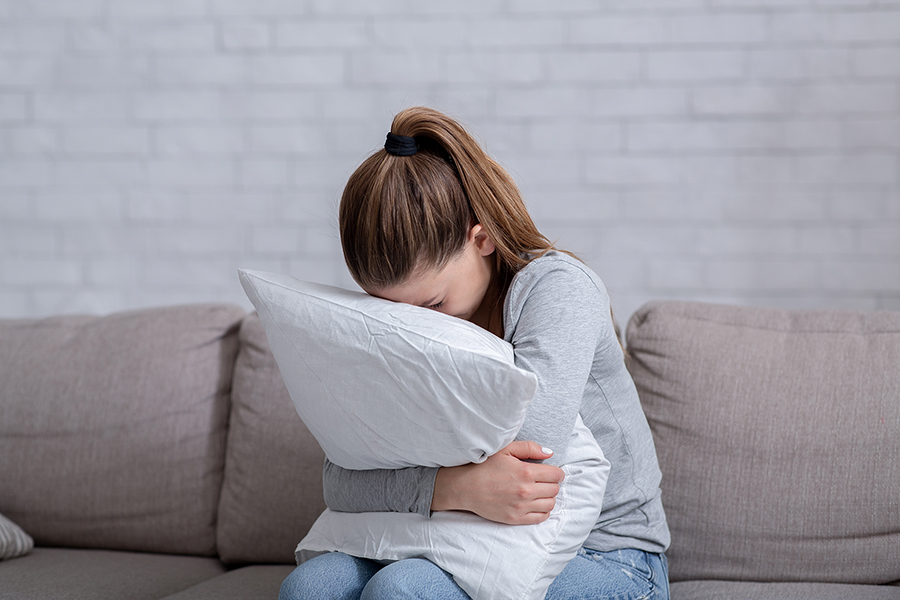What is postpartum depression?
Postpartum depression is an illness, like diabetes or heart disease, and that’s the main reason postpartum depression treatment is so important. According to the National Institutes of Health, it affects 10-15 percent of women. Many get depressed right after childbirth, but some women don’t feel “down” until later. Depression that occurs within six months of childbirth may be postpartum depression. The period of time that this depression lasts can vary. Some women feel better within a few weeks, but others don’t feel like themselves for many months.

How common are the “baby blues?”And, why do women get postpartum depression?
According to the National Institute of Health, 50-80 percent of women suffer from the “baby blues” after childbirth. They may feel a little depressed, have a hard concentrating, lose their appetite, or find that they can’t sleep well even when the baby is asleep. These symptoms usually go away within 10 days after delivery. This condition is considered a normal part of early motherhood. The exact cause isn’t known. Hormone level change during pregnancy and right after childbirth is thought to play a key role. These hormone changes may produce chemical changes in the brain that play a part in causing depression. Feeling depressed isn’t always something that you have control over or that you cause. It is important to remember that although depressed mood can be a normal response to environmental stressors, ongoing depressive symptoms are due to chemical changes in the brain.
Symptoms of postpartum depression
- Loss of interest or pleasure in life
- Loss of appetite
- Less energy and motivation to do things
- Difficulty falling asleep or staying asleep
- Increased crying or tearfulness
- Feeling worthless, hopeless, or overly guilty
- Feeling restless, irritable or anxious
- Feeling like life isn’t worth living
- Feelings of not being a good mother
- Feelings of disinterest or being overprotective toward the baby
- Having thoughts of hurting yourself or your baby
Who gets postpartum depression?
- Previous postpartum depression
- Depression not related to pregnancy
- Severe premenstrual syndrome (PMS)
- A difficult marriage
- Few family members or friends for support
- Stressful life events during the pregnancy or after childbirth
Can it be treated?
Postpartum depression can be treated with therapy, support groups, and medication. Harbor Psychiatry & Mental Health’s maternal depression program is run by a team of psychiatrists, licensed clinical psychologists, and advanced practitioners who provide comprehensive help and support to women who suffer from postpartum and successfully perform postpartum depression treatment process.

